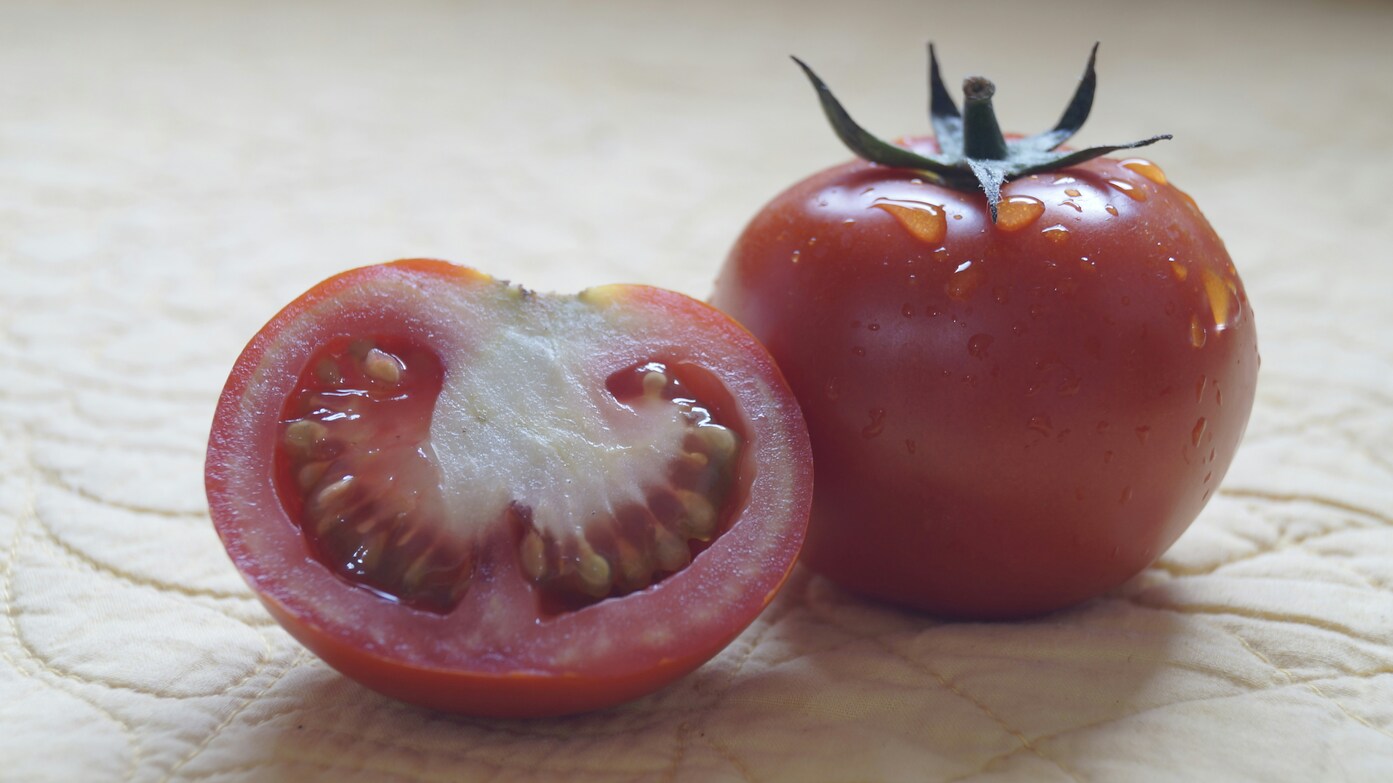The U.S. Food and Drug Administration has strengthened an earlier tomato recall to its highest rating: Class I. That ranking means there is a “reasonable probability” that ingestion of the contaminated tomatoes could result in serious illness or death.
If you purchased tomatoes during late April in Georgia, North Carolina, or South Carolina, you might want to check your package. The recalled tomatoes were distributed April 23 through April 28 under the H&C Farms Label and were packaged in bags of various sizes, ranging from a small three-pack to bulk 25-pound containers.
Why are the tomatoes hazardous?
The tomatoes are presumed to be tainted with Salmonella, a highly virulent bacterium that can cause severe illness in certain individuals. While no sickness resulted when the voluntary recall began last month, the FDA’s new warning implies the threat to be more severe than initially thought.
Even when the tomatoes don’t appear as fresh, salmonella can survive weeks in dry conditions and months under moist conditions like your freezer. If you have frozen tomatoes or tomato products over that period, it’s a good idea to double-check the origin and get rid of anything that might be contaminated.
Who is at greatest risk
Anyone can become sick with salmonella, but some are more at risk.
If you are over 65 or immunocompromised, or if you have children under the age of 5 at home, the risk is higher. In these situations, the infection can lead to hospitalization or death.
However, even if you are otherwise healthy, it is not worth taking chances. The symptoms of Salmonella infection include fever, diarrhea, and belly cramps that last for several days. In some cases, the condition may end up being severe if not treated properly.
Brands and distribution areas affected
The recalled tomatoes were repacked by Williams Farms Repack out of South Carolina. They were being marketed under the “H&C Farms Label” in Georgia, North Carolina, and South Carolina. While the FDA says that it’s likely you won’t still be noticing these tomatoes on the shelves, any tomatoes that were stored in your home that were within that timeframe should be discarded.
Neither Williams Farms Repack nor H&C Farms has publicly addressed the update as of Saturday, June 1.
What you should do
If you think that you may have purchased tomatoes from H&C Farms during the affected period, don’t eat them. Check your refrigerator and freezer for tomato products that you’ve stocked away until late April. If you suspect that they’re from the tainted batch, throw them out. Sterilize any surfaces or containers that they may have come in contact with to avoid cross-contamination.
For additional information and safety tips, visit the FDA’s website.
Salmonella infects more than one million people and kills over 400 annually in the United States. Heeding this recall could save you or a loved one from a potentially life-threatening infection.

